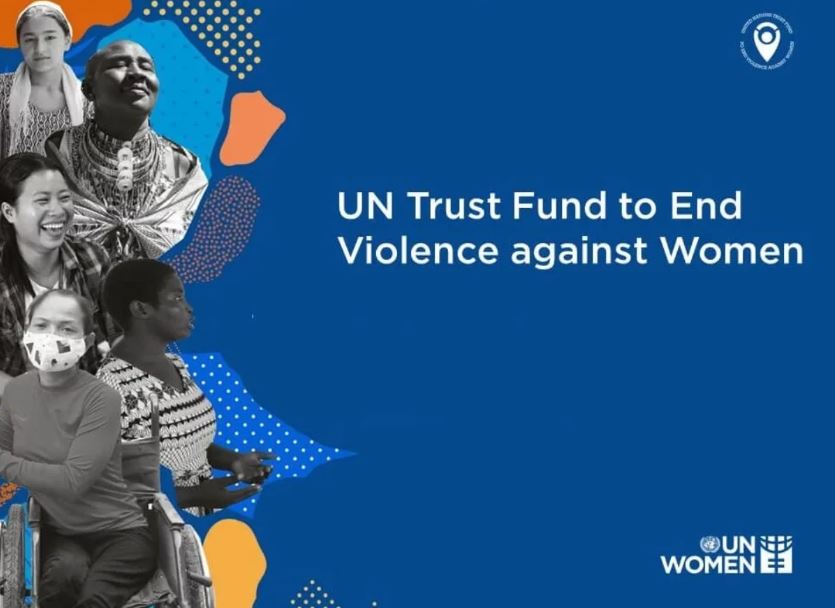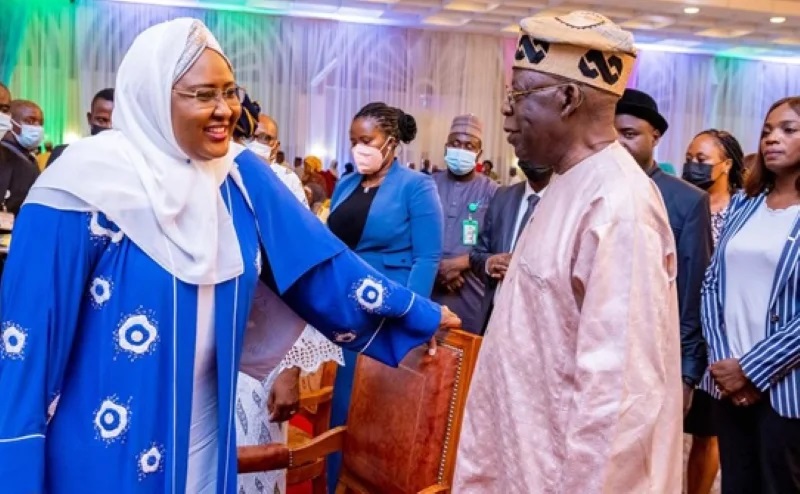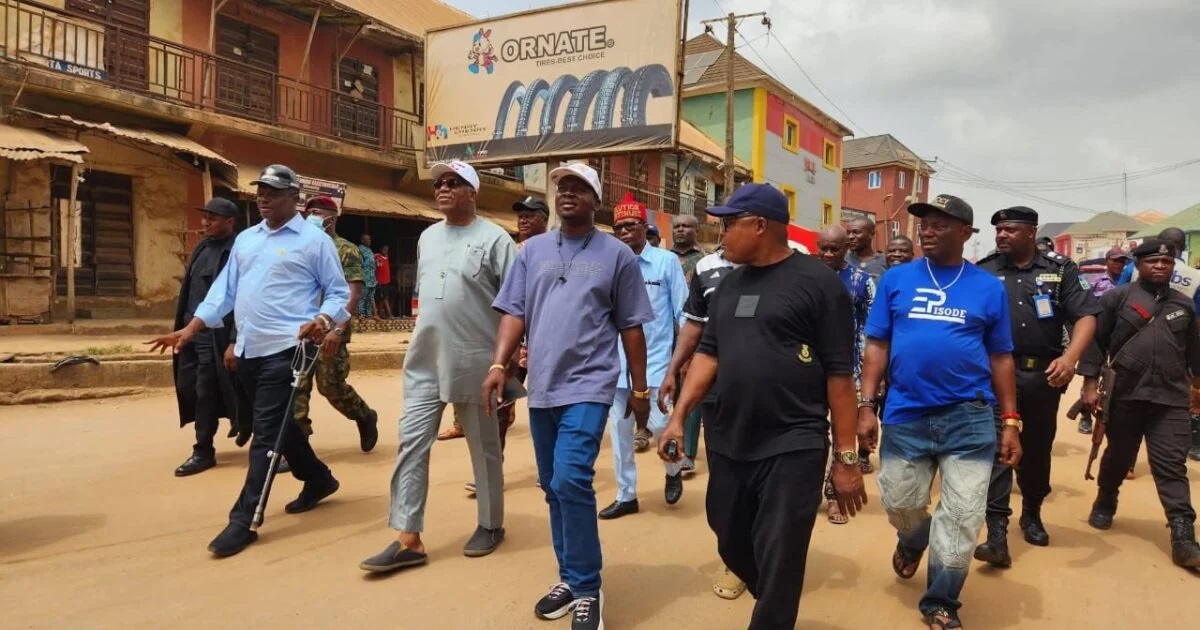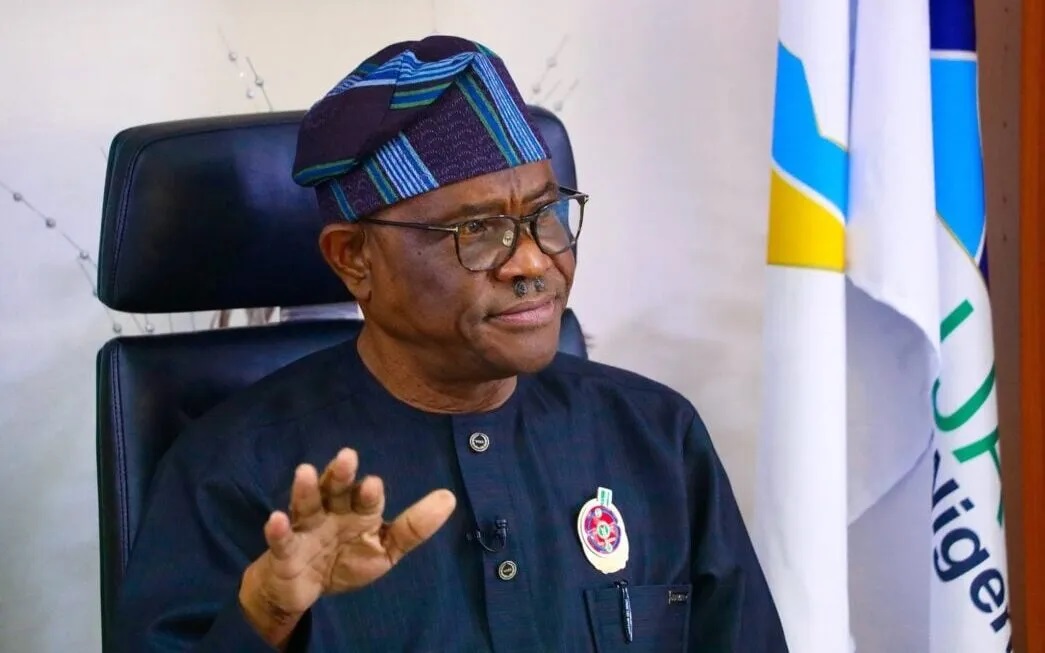The UN says policies and programmes addressing the root causes of violence against women and girls must be actively promoted in the strive toward gender equality.
President, UN General Assembly, Philemon Yang, said discriminatory laws and social norms must end, adding that robust legal frameworks and policies to fully uphold gender equality and women’s rights must be implemented.
Yang made the call on Monday during a high-level meeting convened to mark the 25th anniversary of the International Day for the Elimination of Violence against Women.
The News Agency of Nigeria (NAN) reports that the International Day for the Elimination of Violence against Women is marked on Nov. 25 yearly.
Yang noted that over the past 25 years, the international community had taken significant steps to address violence against women and girls.
He said, “This is with a recognition that such high violence is a major impediment to the achievement of gender equality and the empowerment of all women and girls.
“Unfortunately, gender-based violence persists, and women and girls continue to face violence across public and private spheres in multiple forms including online and in digital contexts.
“We must be more resolute in combating this violence and act with greater urgency than in the past.”
According to Yang, women who play a role in the public sphere, including in politics, still face violence, both online and offline, with some attacks proving fatal.
He said the scourge had continued to end the lives of millions of women and girls.
He added that too often, it was rooted in and exacerbated by a deep seated gender inequality and regressive social attitudes toward women and girls.
He said that men and boys had an important role in the fight, describing them as allies, who must introspect on what they could do better.
“They must take proactive steps to change discriminatory attitudes towards women and prevent violence against them.
“It is our collective responsibility to do so,” Yang said.
UN Deputy Secretary-General, Amina Mohammed, said that violence against women and girls was not only a grave violation of human rights but a fundamental barrier to human progress.
She added that it was an impediment to the realisation of the Sustainable Development Goals and posed a direct threat to the security and stability of countries.
She said that living under constant stress and constraint stifled women’s freedom, creativity and opportunities.
“It limits their access to education and employment and restricts their participation in public life.
“This does not only harm individuals. When a significant portion of our population cannot operate fairly freely or live without fear, the social and economic potential of communities, families, nations are diminished.
“We know that violence against women and girls is preventable, yet prevention investments are dwarfed by the scale of the problem,” Mohammed said.
She urged UN member-states to boost funding for comprehensive approaches that would focus on prevention and address root causes of violence by engaging all parts of the society.
Executive Director, UN Women, Sima Bahous, said that one in three women were subjected to physical or sexual violence by an intimate partner or by a non-partner.
Bahous highlighted new pervasive forms of violence emerging through technology and new media.
“Our data points to the scale of the problem, with studies showing that prevalence of violence against women in digital contexts ranges from 16 to 58 per cent, with younger women especially affected.
“Women in politics also experience disproportionately high levels of online violence and abuse, particularly around election cycles,” she said.
According to her, ending violence against women and girls requires a bold and transformative action.
“We need greater investment, innovation and political will to close the gaps that remain in women empowerment and leadership in legislation, services and systems that ensure justice, accountability and an end to impunity,” she said. (NAN)





